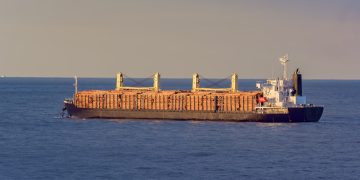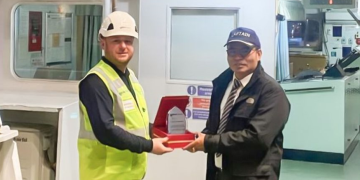The Maritime Technologies Forum (MTF) has released a report, which highlights importance of closing gaps to safely scale operating with alternative fuels and provides recommendations to industry stakeholders toward safe adoption of alternative fuels onboard ships in line with MTF’s purpose.
Safe operation of alternative fuels such as methanol and ammonia requires sound safety management procedures and trained personnel onboard ships. The review identifies the gaps to achieve safe maritime decarbonisation within three existing Conventions / Codes: The International Safety Management (ISM) Code, International Convention on Standards of Training, Certification and Watchkeeping for Seafarers (STCW) and The Maritime Labour Convention (MLC), and makes suitable recommendations to close these gaps for future safe use of alternative fuels.
The report also highlights the perceived urgency to close these gaps so that the maritime industry can prioritise where they need to channel their limited resources. Finally, the report also identifies barriers that prevent closing and actors that help closing these gaps for use of alternative fuels towards a safer decarbonisation.
MTF’s review demonstrates that the maritime industry is not ready for the safe adoption at scale of alternative fuels yet. To be able to meet the required decarbonisation targets, all industry stakeholders should collaborate towards safe adoption of alternative fuels including issues detailed in this report.
ISM: Identification of hazards and risks from operation of alternative fuels is essential for the development and implementation of the safety management system, emergency procedures and related maintenance activities.
STCW: Industry collaboration is needed to address current regulatory uncertainties, insufficiencies within model courses and inconsistent implementation of training. Considering the need for funding the future training course development and delivery, a fraction of future revenues from market-based measures might be earmarked appropriately.
MLC: Reference to alternative fuels could be made in Part B of the Code and international guidelines which will ensure that the member States will address the relevant requirements in their national legislation.

































































